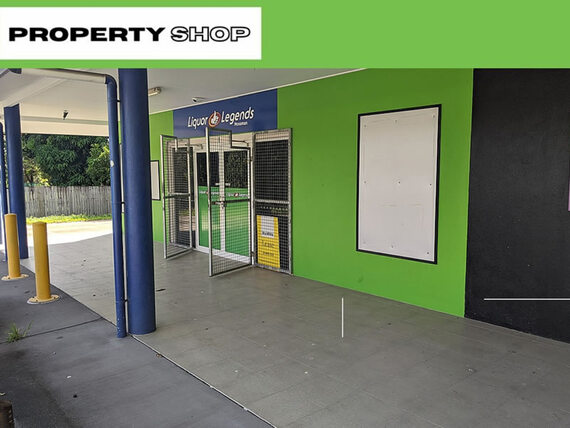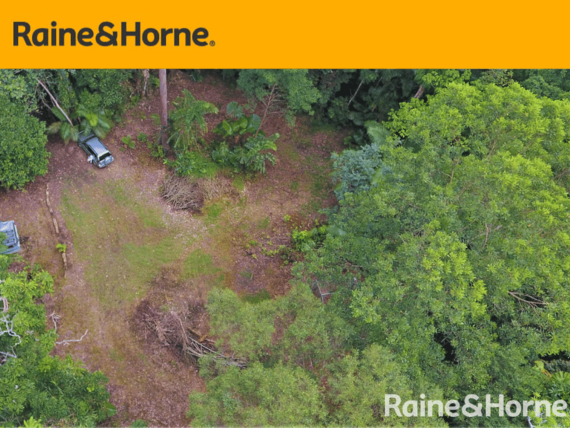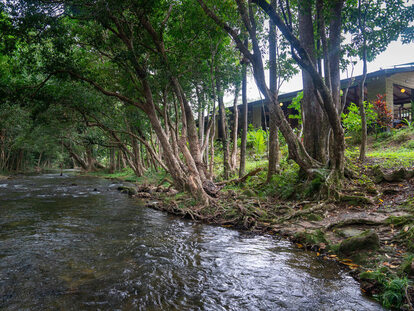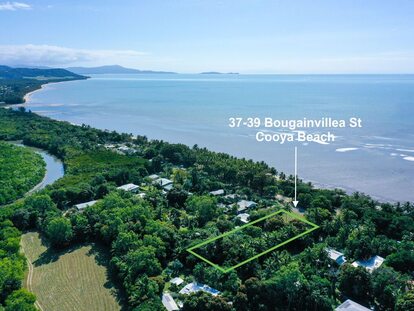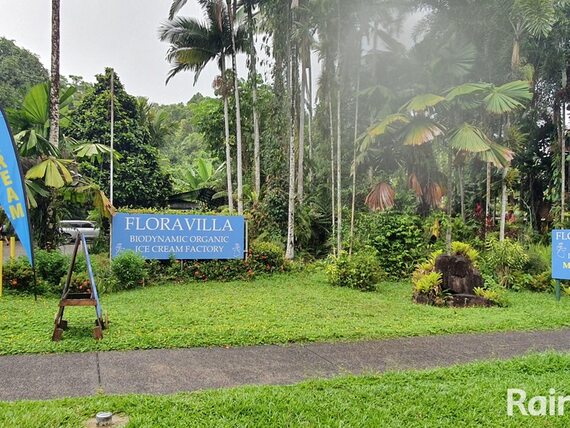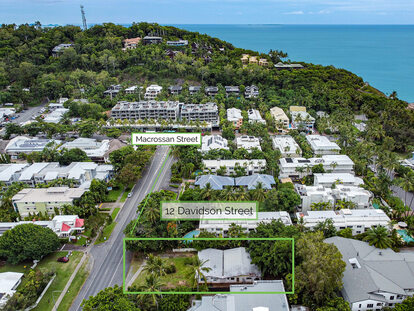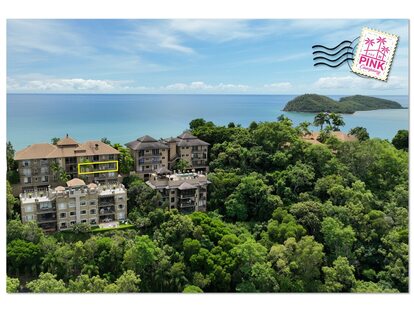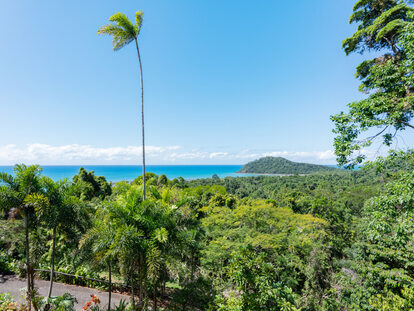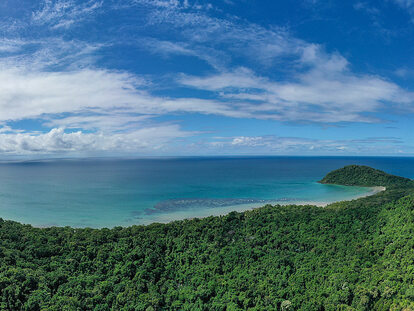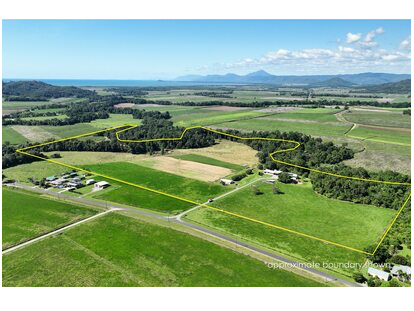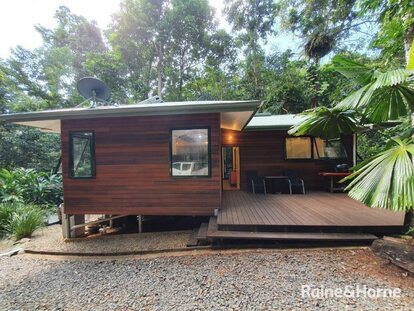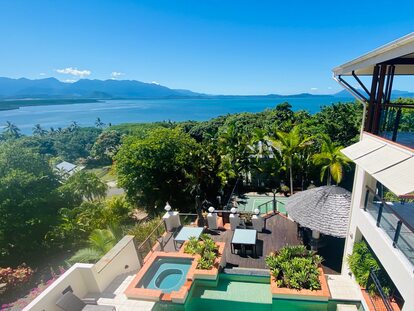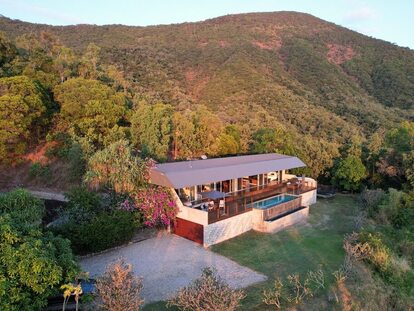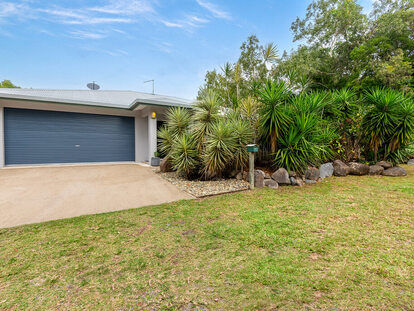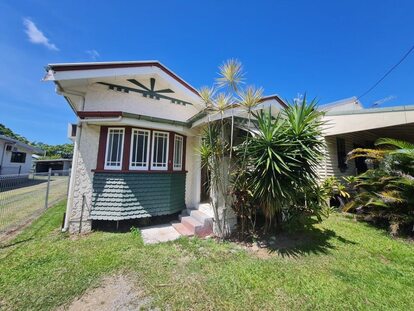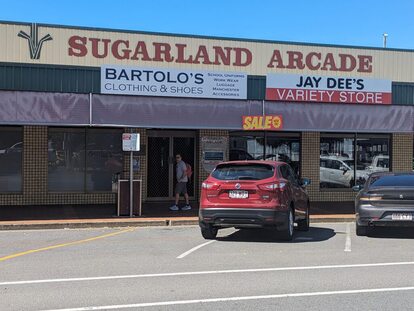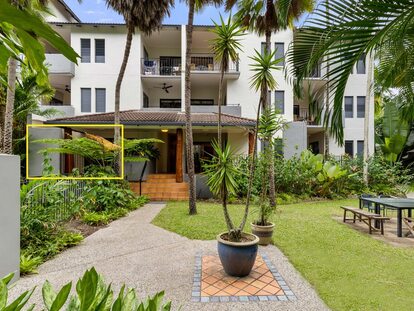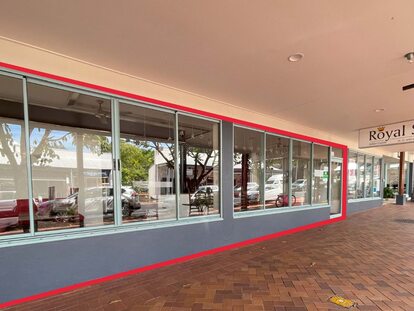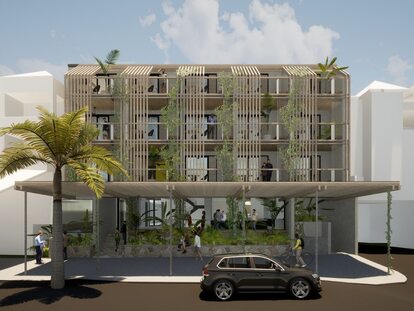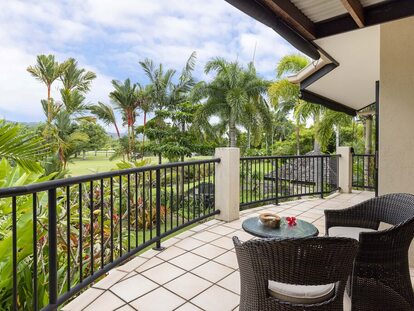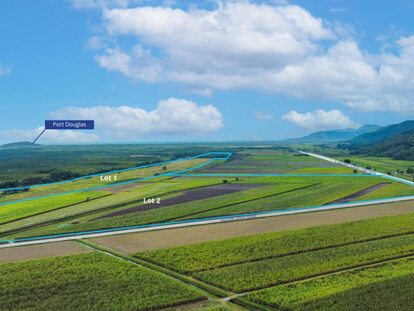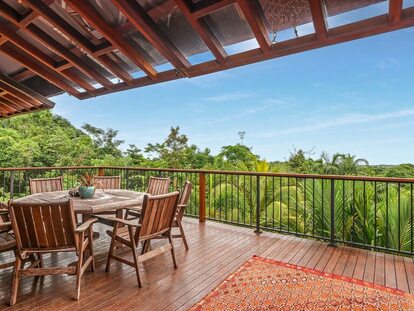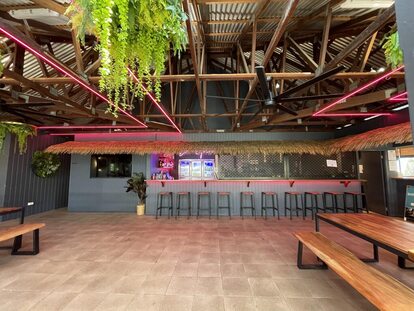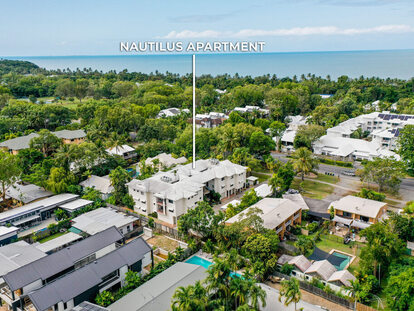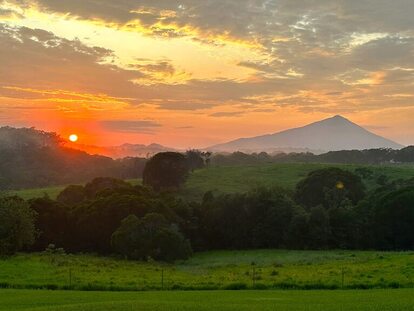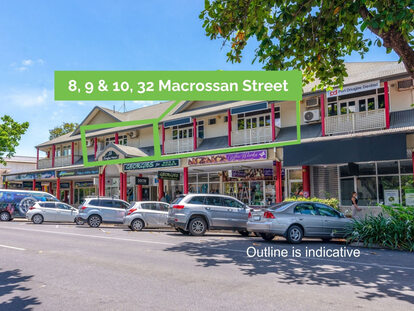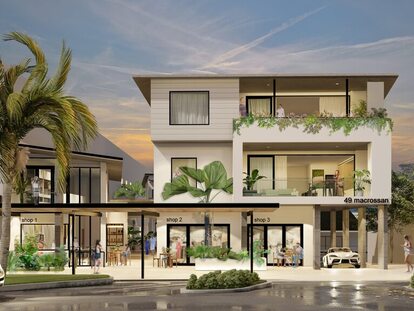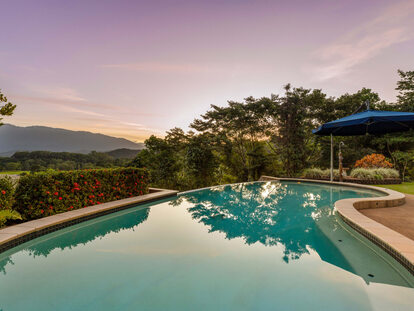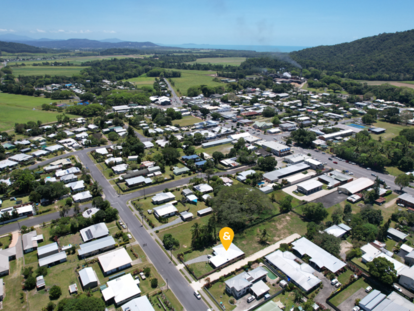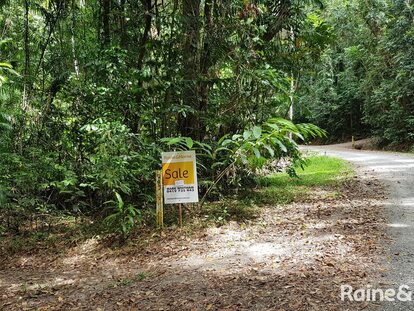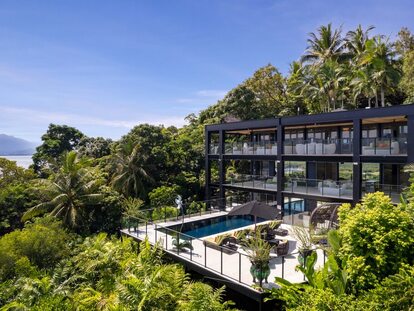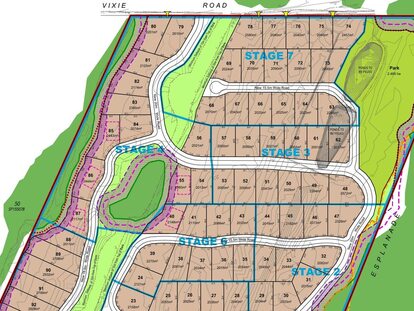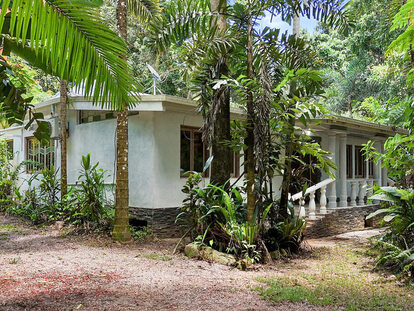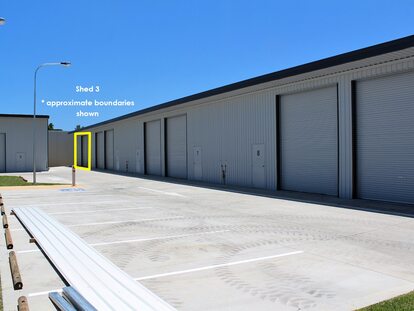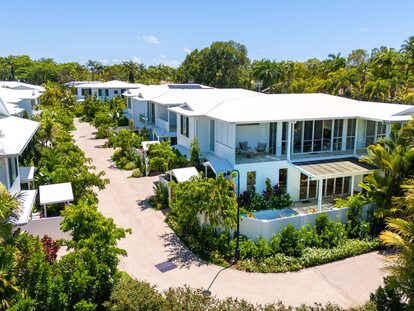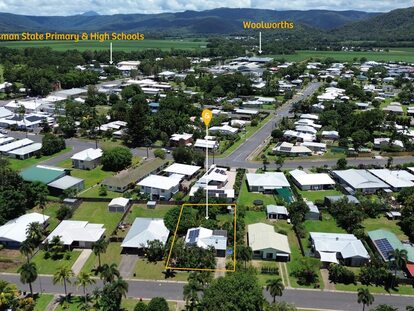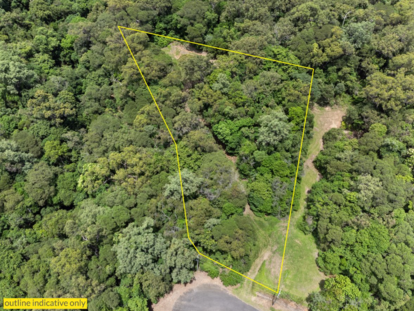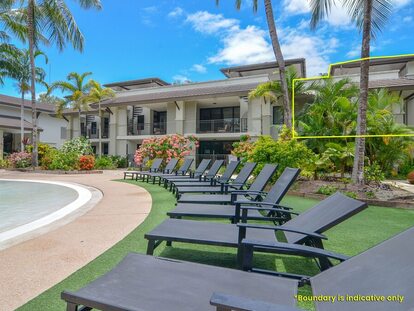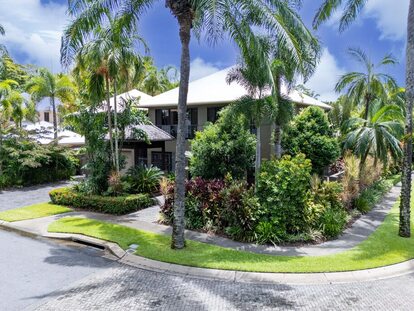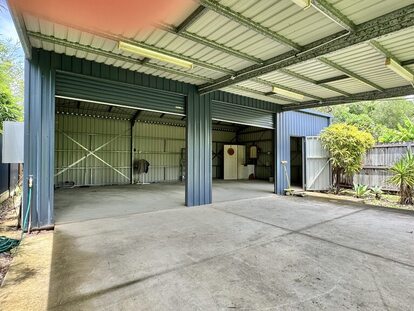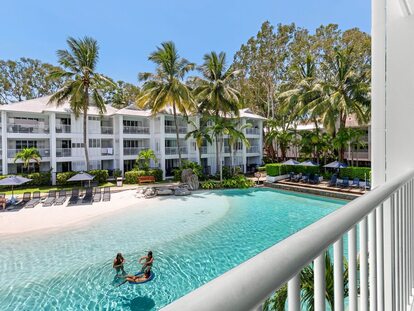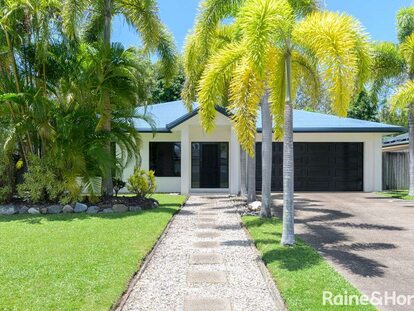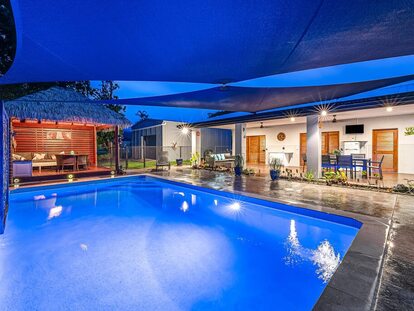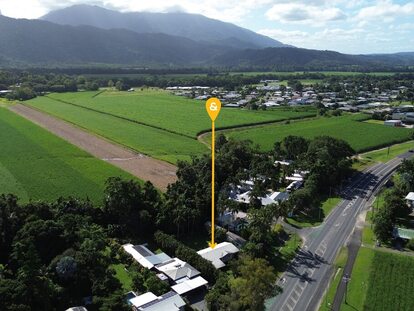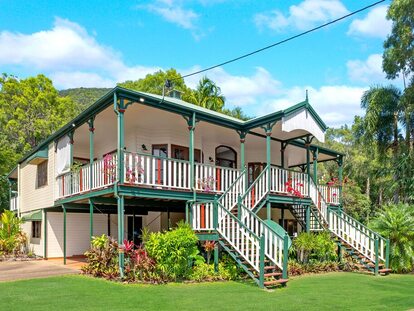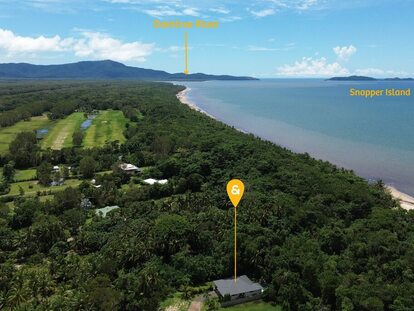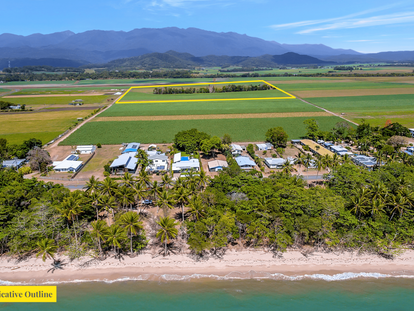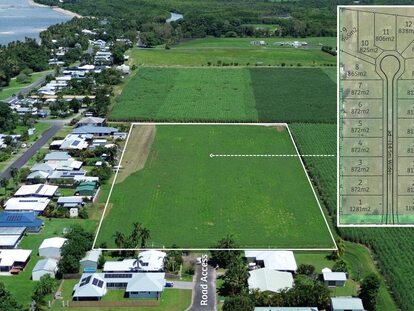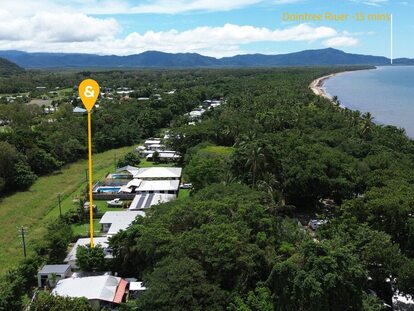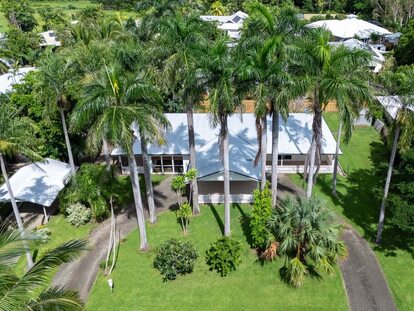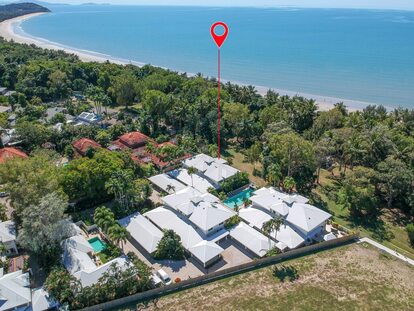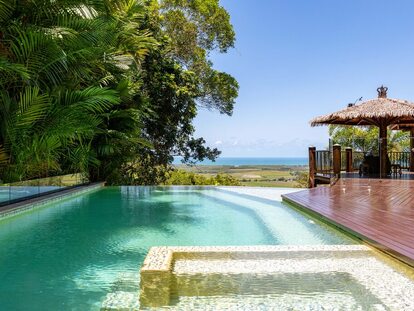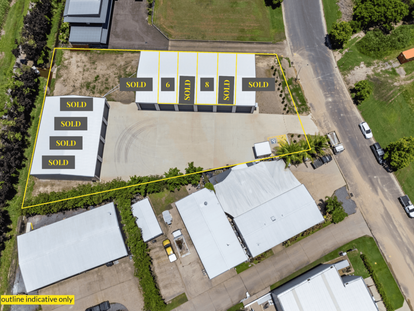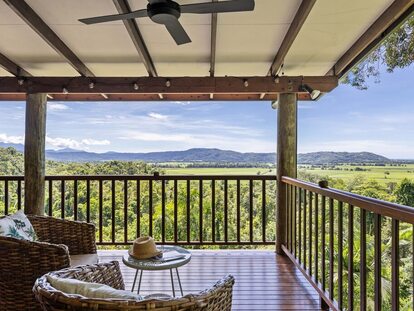Response to LETTER: Was the ‘buyback’ of freehold land merely a land grab?
Letter to the editor

Dear Editor,
Responding to the letter by Tina Mrozek, Cow Bay.
I would totally agree that the monies spent on study after study in the past could have been better directed to assisting upgrades and support of people’s stand-alone power systems (RAPS).
The initial attempt by the Queensland Government (DRAPS - 1995) was well intended but flawed by the reality that the technology was very new and most of the installers had to learn on the job. The results were spotty at best and this didn’t improve the local reputation of RAP Systems. System maintenance by the householders wasn’t helped by almost total lack of information and support, so systems died that shouldn’t have. Of course, many households had unreasonable expectations for their systems, which killed them as well (especially their batteries).
Twenty seven years later the story is very different - solar stand-alone power systems are now a mature technology - in fact perhaps we have too much choice in the marketplace. We are hopefully starting to realise that the planet is becoming over-exploited, and maintaining the integrity of areas such as our World Heritage rainforests is becoming an absolute essential for our long term survival.
A large proportion of residents in the Daintree Coast have invested considerable sums upgrading their RAP systems and it appears most are very satisfied with the outcome. An obvious exception are the larger businesses which seem to have steadfastly refused to invest in renewables (even though I’m sure it would help their business attractiveness).
So we are seeing a situation, where the Federal Government is planning to spend $20.6 million for a project that really will only benefit a handful of businesses. For residents, well, if their RAP systems are satisfactory, then they probably won’t want to connect to the proposed grid, or start paying electricity bills.
The costs to the landholder for connection, especially for properties far from the road, are unknown (and could be very considerable). Plus, legally, in order to connect to the proposed grid, building wiring must be up to current standards (an expensive exercise for most in this area). Sure, connection is optional (and free), but property connection and improvements costs must be borne by the owner.
Just to make matters worse, there has never been a proper survey of residents’ desires or attitudes to this project, so Volt is operating in the total absence of knowledge of real demand.
I agree that upgrading residents’ RAP systems is a totally logical step, way cheaper than the current project and will have virtually no negative impact environmentally. It would however need a government-funded local service depot for maintenance and for the all important panel-cleaning services.
There will be equity issues - as some folks with the remnants of the old DRAPS systems (and they still exist) will need complete renewal whereas those with new systems may not need anything. How do we balance this situation?
It has also been suggested that householders receiving RAPS assistance, should agree to a conservation covenant protecting natural habitat on their properties. I’m sure most landholders would gladly agree to this and this could be supported with free materials and assistance.
The mantra among some is that landholders have been denied their “human rights”, whatever these may be, and that the various buybacks and lack of subsidy for urban services are an attack on the community.
We need to remember the Daintree Coast is considered one the most valuable ecosystems on the planet. As a conservation site, the Wet Tropics World Heritage Area ranks 4th in the world among 297,000 sites measured by rarity and irreplaceability. And the Daintree Coast is the “Jewel in the Crown” of the Wet Tropics. The point is, this is not a suburb of Cairns and its conservation values must take priority given the world’s catastrophic loss of biodiversity is being made worse by climate change.
When landowners purchased, these facts were known - no water, sewerage or power, but they still bought land. For many this situation was part of the attraction and still is. Buyback by the both governments and conservation groups has gone a long way to saving the Daintree lowlands. In all cases it was voluntary. Development rights were removed from the highest value conservation properties and people were offered compensation, to have their block purchased or to swap for a block in the “Development Zones” where development is allowed. Most were glad to sell their properties at a time of depressed land values and demand. A small number were disappointed, but all were offered fair terms.
Why is it society accepts forced land resumption for roads (far more coercive than anything that ever happened on the Daintree Coast) but cry “human rights” violations when one of the worlds most valuable ecosystems is being conserved? We can thank buyback in all its forms for going part the way in protecting the Daintree Coast environment.
Finally, the only significant economy here is tourism. Tourists do not want to see suburbia, they want to see tropical rainforests and beaches, in fact most are horrified that there is any development here at all.
Hugh Spencer, Cape Tribulation (34 year resident).
Thank you!
Newsport thanks its advertising partners for their support in the delivery of daily community news to the Douglas Shire. Public interest journalism is a fundamental part of every community.
Got a news tip? Let us know! Send your news tips or submit a letter to the editor here.
* Comments are the opinions of readers and do not represent the views of Newsport, its staff or affiliates. Reader comments on Newsport are moderated before publication to promote valuable, civil, and healthy community debate. Visit our comment guidelines if your comment has not been approved for publication.










